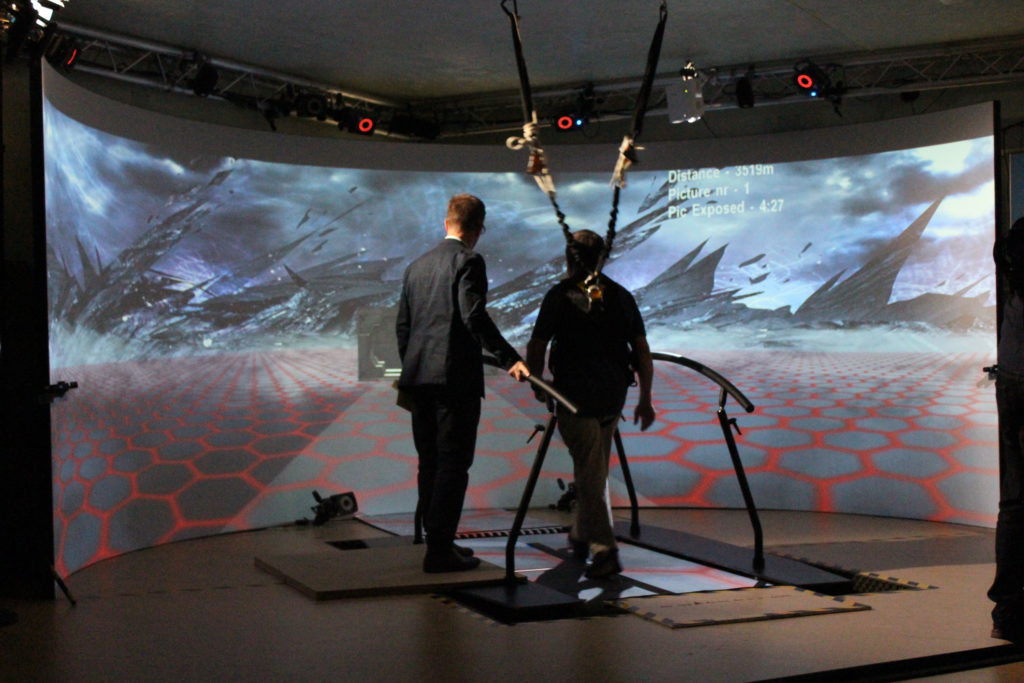Posted May 22nd 2020
A Cardiff University study into the efficacy of a new treatment known as 3MDR – Modular Motion-assisted Memory Desensitisation and Reconsolidation (3MDR) – shows preliminary results that it can be effective for treatment-resistant Post-Traumatic Stress Disorder among British military veterans.
The final report of the study is now available to read.
Watch an animation about the 3MDR trial’s results
The study, funded by the Forces in Mind Trust (FiMT), found that the severity of PTSD symptoms was statistically and clinically reduced in an immediate treatment group who undertook 3MDR.
Professor Jon Bisson, pictured below, who led the study at Cardiff University’s Division of Psychological Medicine and Clinical Neurosciences, said:
Military veterans are at heightened risk of developing PTSD and, unfortunately, are often not significantly helped by existing treatments. The positive results of our study mean that 3MDR has emerging evidence as an effective intervention to help military veterans with treatment-resistant PTSD.
The immediate treatment group were observed to have a 37% average reduction of PTSD symptoms after receipt of 3MDR, while the delayed treatment group experienced a 14% average reduction in PTSD symptoms whilst waiting for 3MDR and experienced further symptom reductions following the treatment.

3MDR is a new treatment for PTSD which is based on virtual reality exposure therapy and eye movement desensitization and reprocessing, embedded within a novel context whereby the patient walks on a treadmill whilst interacting with a series of self-selected images that are displayed on a large screen and relate to the patient’s past traumas.
It aims to reduce cognitive avoidance while concurrently promoting engagement with therapy. Developed by Professor Eric Vermetten of Leiden University, 3MDR is based on the therapeutic principles of traditional trauma-focused techniques, virtual reality exposure therapy and eye movement desensitization and reprocessing (EMDR), the important distinction being that these traditional techniques are sedentary.

Ray Lock, Chief Executive at FiMT says:
“While the majority of ex-Service personnel successfully transition into the civilian world, a number suffer from mental health conditions as a result of their experiences. Approximately 7% of these are thought to suffer from PTSD, which has significant ramifications on their quality of life. 3MDR’s success in treating this debilitating condition offers huge amounts of hope for those affected by it, and FiMT is pleased to have supported the research which has demonstrated this”.
Professor Bisson, concluded:
“The results of our study are very encouraging and should pave the way for further research into a new treatment that has the potential to make a real difference to a significant number of ex-service personnel with PTSD that has not responded to standard treatments.”
Read more
- Read the full report
- Read more about 3MDR following the study’s results launch event.
- Piece of Mind podcast – RAF veteran Darren and Dr Neil Kitchiner, Director of Veterans NHS Wales discuss PTSD
- NCMH mental health leaflets – Post-traumatic Stress Disorder
Sign up now and receive new blog posts to your inbox.
